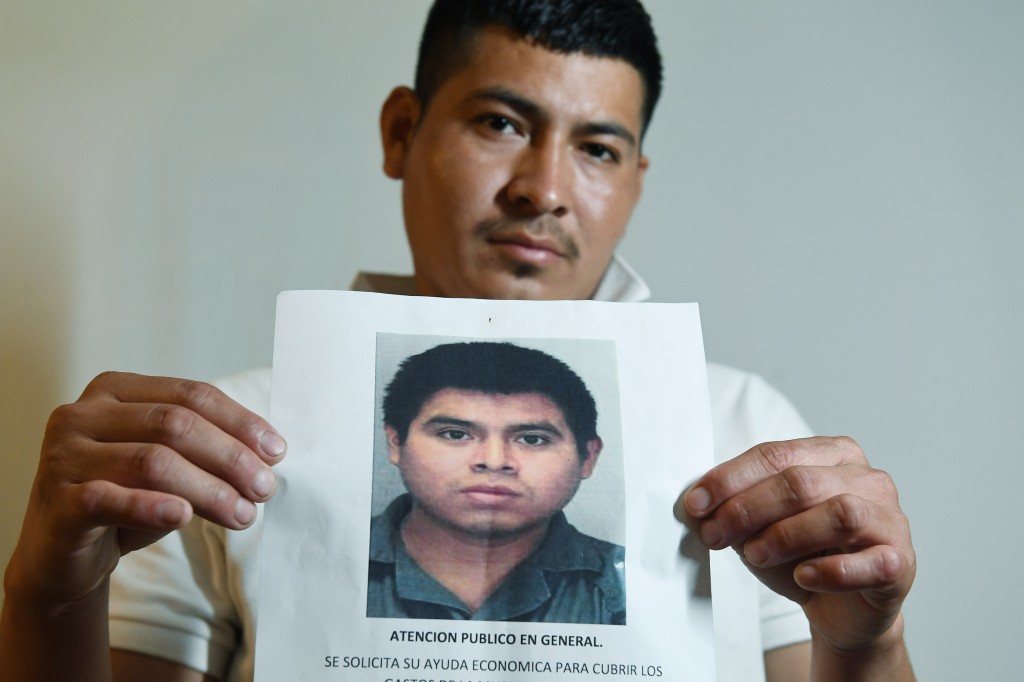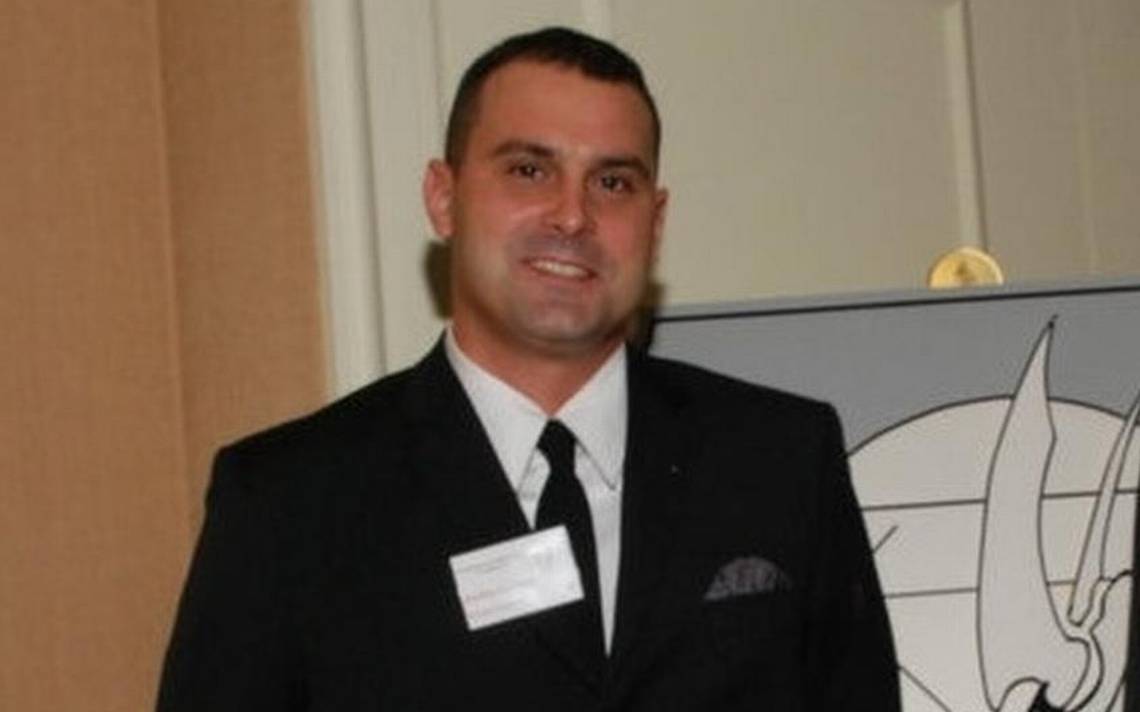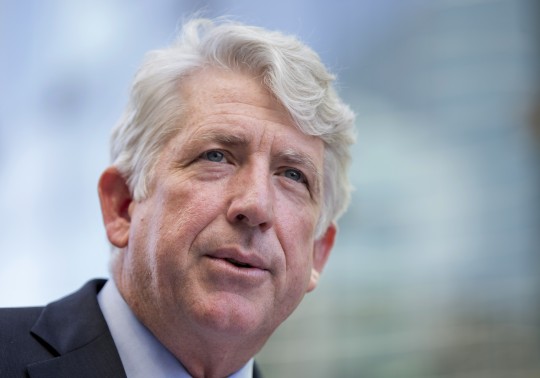
(9-13-16) A gadfly is a person who interferes with the status quo by posing novel, potently upsetting questions, usually directed at authorities. Mental health gadfly D. J. Jaffe, who along with Dr. E. Fuller Torrey frequently stirs up controversy in mental health circles, claims that Democratic presidential hopeful Hillary Clinton’s mental health plan, which I cited in an August blog, isn’t as good as the mental health legislation that could be voted on in the Senate this week. Meanwhile, Clinton’s rival — Republican Donald Trump — has not offered any ideas about fixing our mental health care system.
In addition to attacking Clinton’s plan, Jaffe and John Snook, executive director of the Treatment Advocacy Center (which was founded by Dr. Torrey), have criticized greater federal funding of Mental Health First Aid, an eight hour course that helps ordinary citizens recognize mental illnesses. Some communities are using Mental Health First Aid rather than the 40 hour Crisis Intervention Team training for law enforcement.
Hillary Clinton’s mental health plan doesn’t compare to the bipartisan plan already on the table
by DJ Jaffe
Donald Trump has not introduced a mental health plan, so we can’t evaluate it. But Hillary Clinton did introduce a mental health plan. Unfortunately it is not as good as the bipartisan Helping Families in Mental Health Crisis Act (H. R. 2646), which passed the House by a vote of 422-2, and should be taken up by the Senate this week. It is not even as good a bill as combining Senator Alexander’s Mental Health Reform Act (S2680) with Senator Cornyn’s Mental Health and Safe Communities Act (S2002) would be.
The Clinton plan largely focuses on improving mental wellness in everyone, rather than helping the most seriously mentally ill. There are forty-three million Americans who have a mental health issue, but only ten million, have “serious mental illnesses” including schizophrenia and bipolar disorder. 140,000 of the seriously ill are homeless, 365,000 are incarcerated, and 95,000 who need hospitalization can’t get it. That is the problem we have to focus on.
More money may not be the immediate answer. The federal government already increased mental health spending to $147 billion but at the same time, it made the ability to get care inversely related to the severity of the illness. The easiest to treat go to the head of the line for services and the seriously ill go to jails, shelters and morgues. The Substance Abuse and Mental Health Administration (SAMHSA), encourages spending to go to irrelevant and useless programs and some that are actually harmful. H.R. 2646 puts a doctor at the helm of SAMHSA to try to stop that. The Clinton plan ignores the issue.







